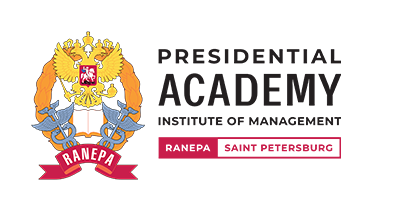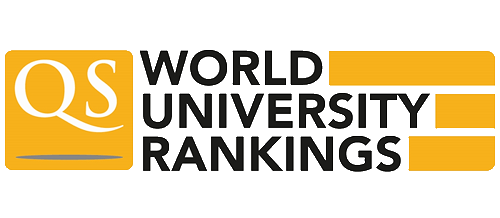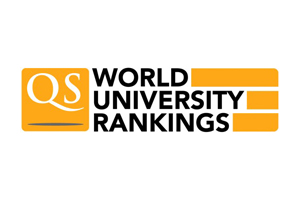Economics and Accounting (industry specific)
Degree: Secondary vocational education
Duration: 1 year 10 months, 4 semesters (full-time attendance after 11 grades); 2 years 10 months, 6 semesters (full-time attendance after 9 grades and low-residency after 11 grades)
Fields of study: Accounting; Corporate Economy.
Language of instruction: Russian
________________________________________
Program director: Lyubov Kardash
Office 203, 38 / 6, Budapeshtskaja ul., Saint Petersburg, 192171, Russia
Phone: +7 (812) 335-94-74, ext. 18003
E-mail: kardash-lf@ranepa.ru
Description
Specialty 38.02.01. «Economics and Accounting (industry specific)» covers the following key courses:
• Accounting and Audit;
• Taxes and Taxation;
• Finance, Money Circulation and Credit;
• Analysis of Financial and Economic Performance.
The course of study ensures mastering competencies and courses under the following professional modules:
• Record keeping of business transactions and accounting books of the corporate assets;
• Accounting record keeping of sources of assets, making inventory of assets and corporate financial liabilities;
• Making settlements with budgetary and extra-budgetary funds;
• Preparation and use of financial statements;
• Performing works in one or several blue collar and white collar jobs.
Aims
The aim of specialty 38.02.01 Economics and Accounting (industry specific) is to:
— provide socially required high-quality basic humanitarian, social, economic, mathematical and natural-scientific knowledge;
— train an accountant for successful operations in financial and credit sphere based on comprehensive combination of academic, fundamental and professional training;
— create conditions for mastering universal and subject-specific competencies that contribute to social mobility and stability in the labor market;
— develop social and personal qualities of graduates
Advantages: Knowledge in accounting, micro- and macroeconomics, business analysis, finance, taxation, statistics, audit, legal regulation of business, computer processing of economic information.
Learning outcomes
Field of professional activity of graduates: accounting for corporate assets and obligations, making and recording business transactions, processing accounting information, making settlements with budgetary and non-budgetary funds, preparing financial statements, tax accounting, tax planning.
A graduate who successfully met all requirements of the program shall have the following professional competencies:
— Record keeping of business transactions and accounting of corporate assets
— Accounting record keeping of sources of assets, making inventory of assets and corporate financial liabilities
— Making settlements with budgetary and extra-budgetary funds
— Preparation and use of accounting (financial) statements
— Keeping corporate tax accounting and tax planning
— Accounting record keeping of sources of assets, making inventory of assets and corporate financial liabilities
— Making bookkeeping entries for deductions and transfer of taxes and fees to budgets of various levels
Career opportunities
The graduates receive a publicly recognized qualification of an accountant certified by the state diploma. Specialists in Economy with the qualification of “Accountant” are traditionally the most sought for in the labor market. Our graduates can succeed in business companies and public organizations as:
Tax consultant
Financial analyst
Investment company accountant
Management company accountant
Investment consultant
Chief accountant
Accountant
Assistant accountant
Economist



